First time buyers get 20% off *
Habanera (1927)
Jean Cras (1879-1932)
Any Saxophone Solo with Piano
Habanera by Jean Cras arranged for Any Saxophone Solo with Piano. Habanera — a genre of popular 19th century Cuban dance music with a characteristic set of rhythms. It made its way into classical music though French composers such as Bizet and Ravel and is found throughout popular 20th century music including ragtime and jazz. This Habanera was composed by Jean Cras as a 9th birthday gift for his son who was an aspiring violin player. The Caribbean rhythms and the impressionistic harmonies give the piece great audience appeal.
This arrangement of Habanera is for Any Saxophone Solo with Piano. It includes solo saxophone parts for both E-flat and B-flat saxophones as well as the piano score. Although not technically difficult on violin, the piece covers a wide range on saxophone. It is an excellent piece for advancing intermediate students to show off their intonation and interpretive skills. It’s also a beautiful little piece they’ll enjoy playing.
- The range for each saxophone part is shown below.
- Audio and score excerpts are available above.
About the Composer
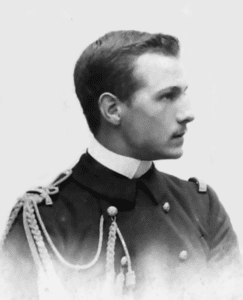 Jean Cras (1879-1932) was a French composer and career naval officer whose life and work reflect a fascinating balance between his military career and his passion for music. Born in Brest into a family of navy officers, he followed in his father’s footsteps by entering the Naval Academy, where he quickly distinguished himself. However, his musical vocation was just as strong. He received advice from the composer Henri Duparc, who became his mentor and encouraged him to pursue his musical talent.
Jean Cras (1879-1932) was a French composer and career naval officer whose life and work reflect a fascinating balance between his military career and his passion for music. Born in Brest into a family of navy officers, he followed in his father’s footsteps by entering the Naval Academy, where he quickly distinguished himself. However, his musical vocation was just as strong. He received advice from the composer Henri Duparc, who became his mentor and encouraged him to pursue his musical talent.
He was a highly esteemed composer during his lifetime, enjoying, during the last decade of his life, the same stature and celebrity as Fauré, Debussy and Ravel. Since his death in 1932, his music was overlooked until 1980, when his daughter, Monique, released a monograph about the composer for the centenary of his birth, thus assuring his renaissance.
Though Cras’s duties in the French navy left him little time to devote to his musical work, he composed throughout his life, mainly writing chamber music and songs. Much of his most ambitious work, including the opera Polyphème, was written and orchestrated during the war; however, most of his output dates from after the war. Today, he is most well known for his chamber music.

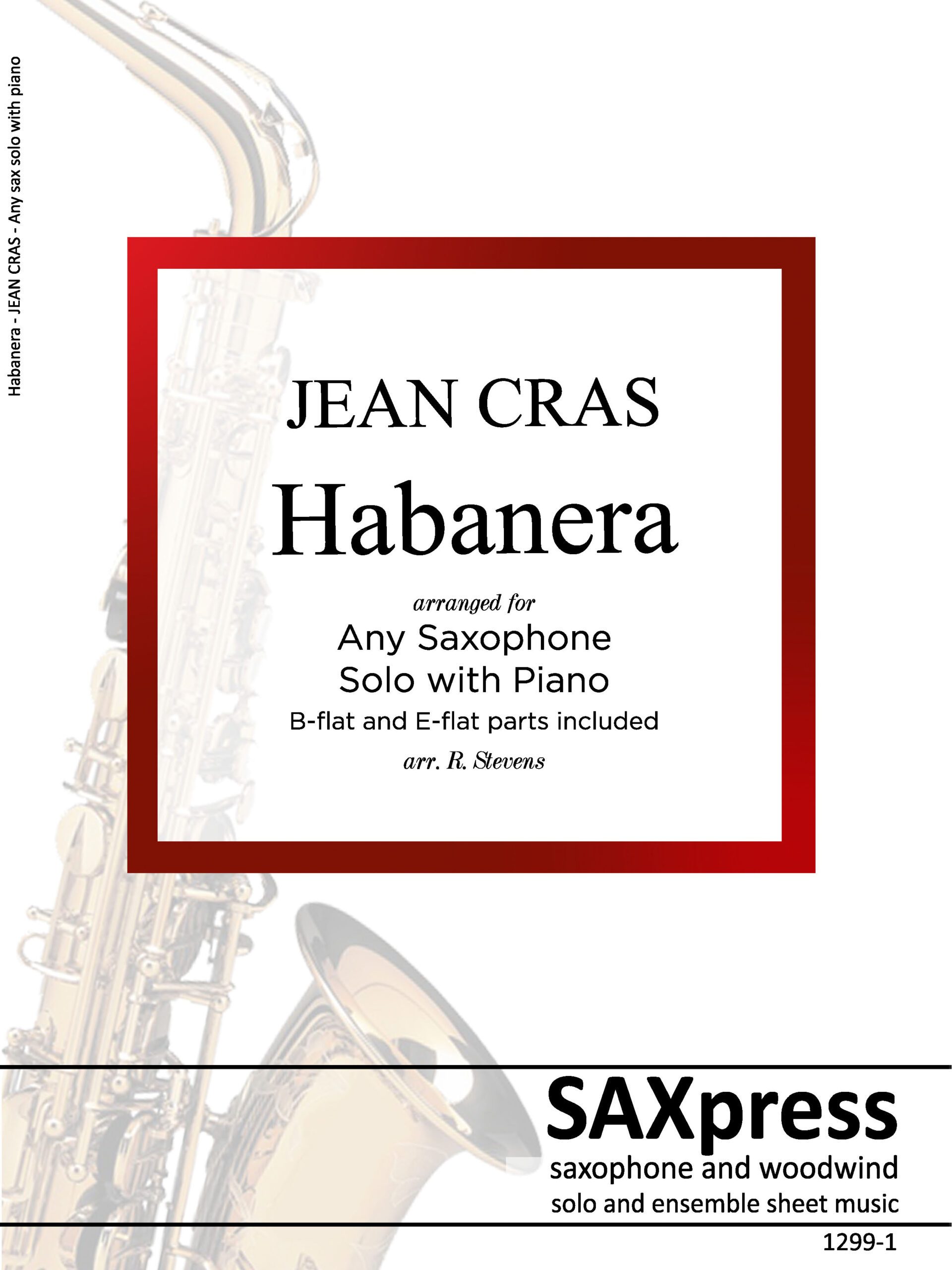
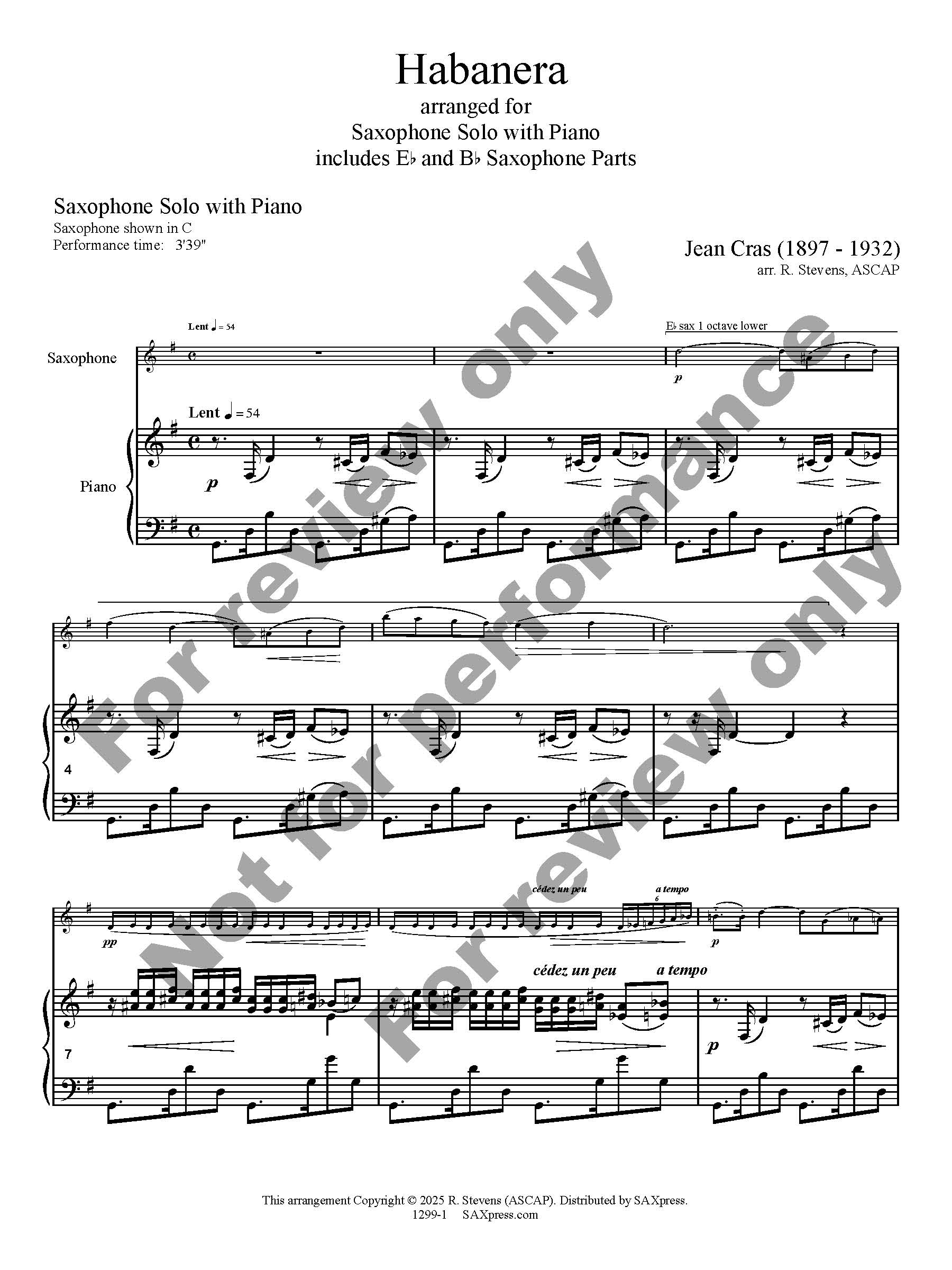
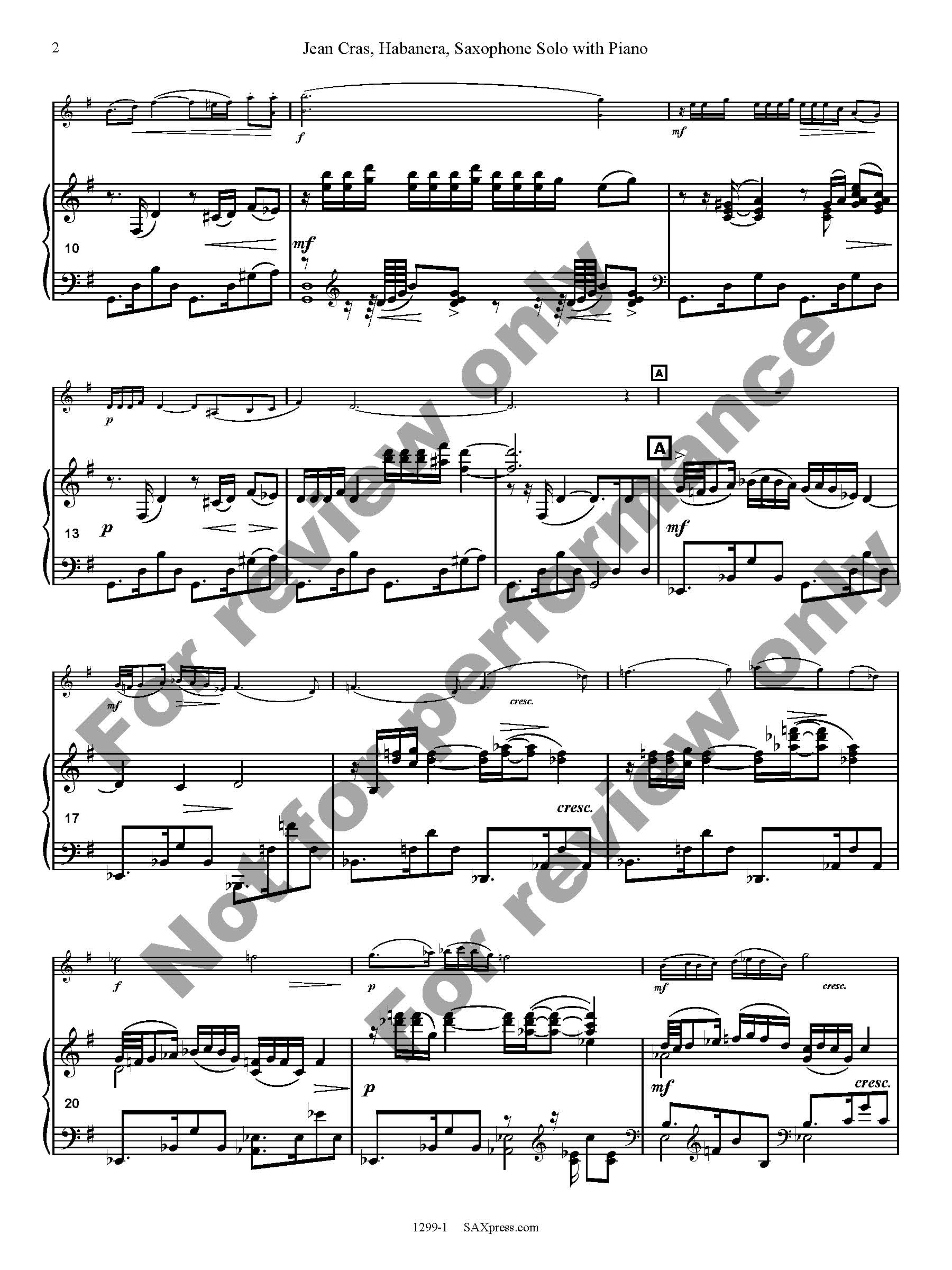
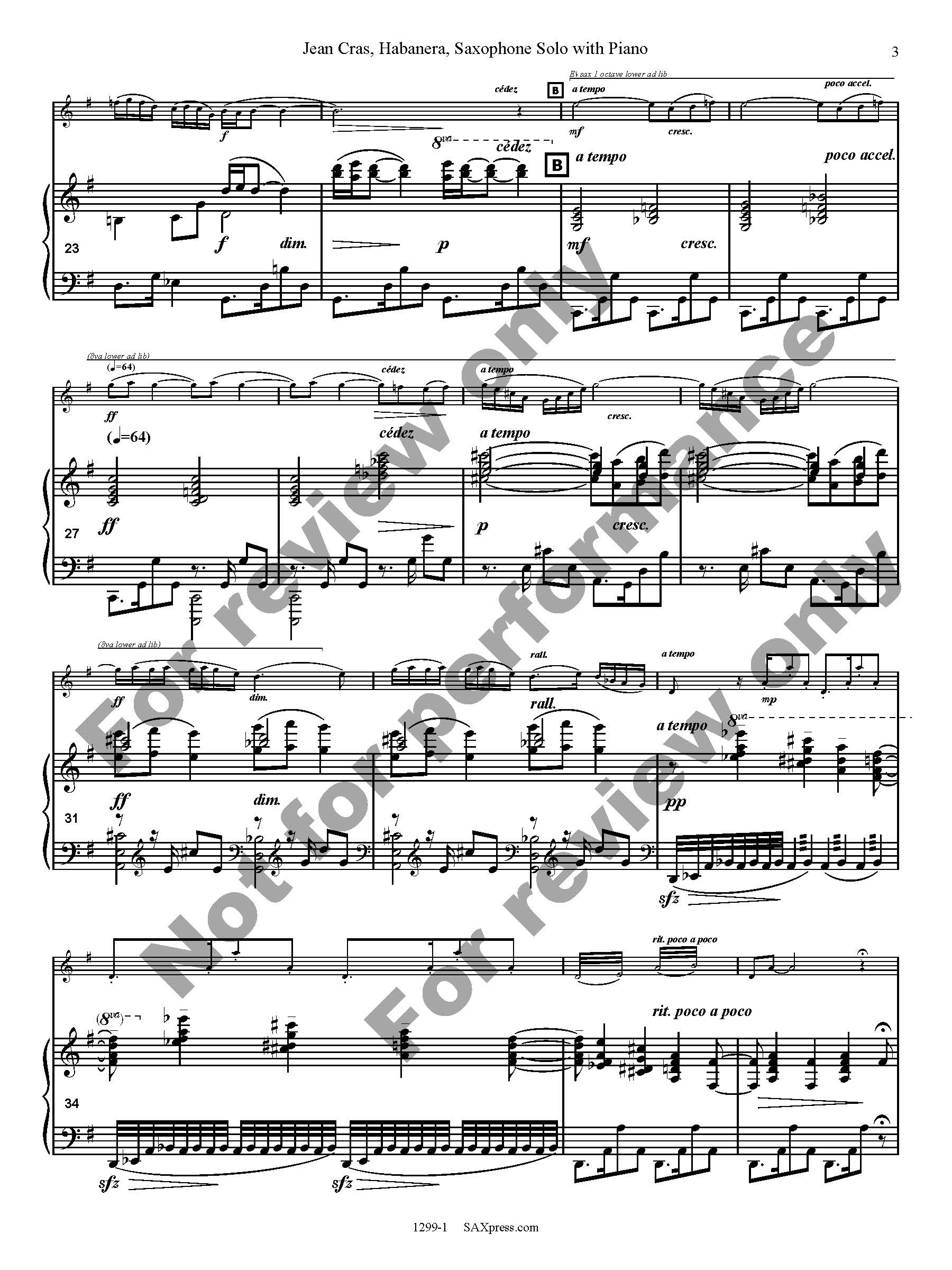
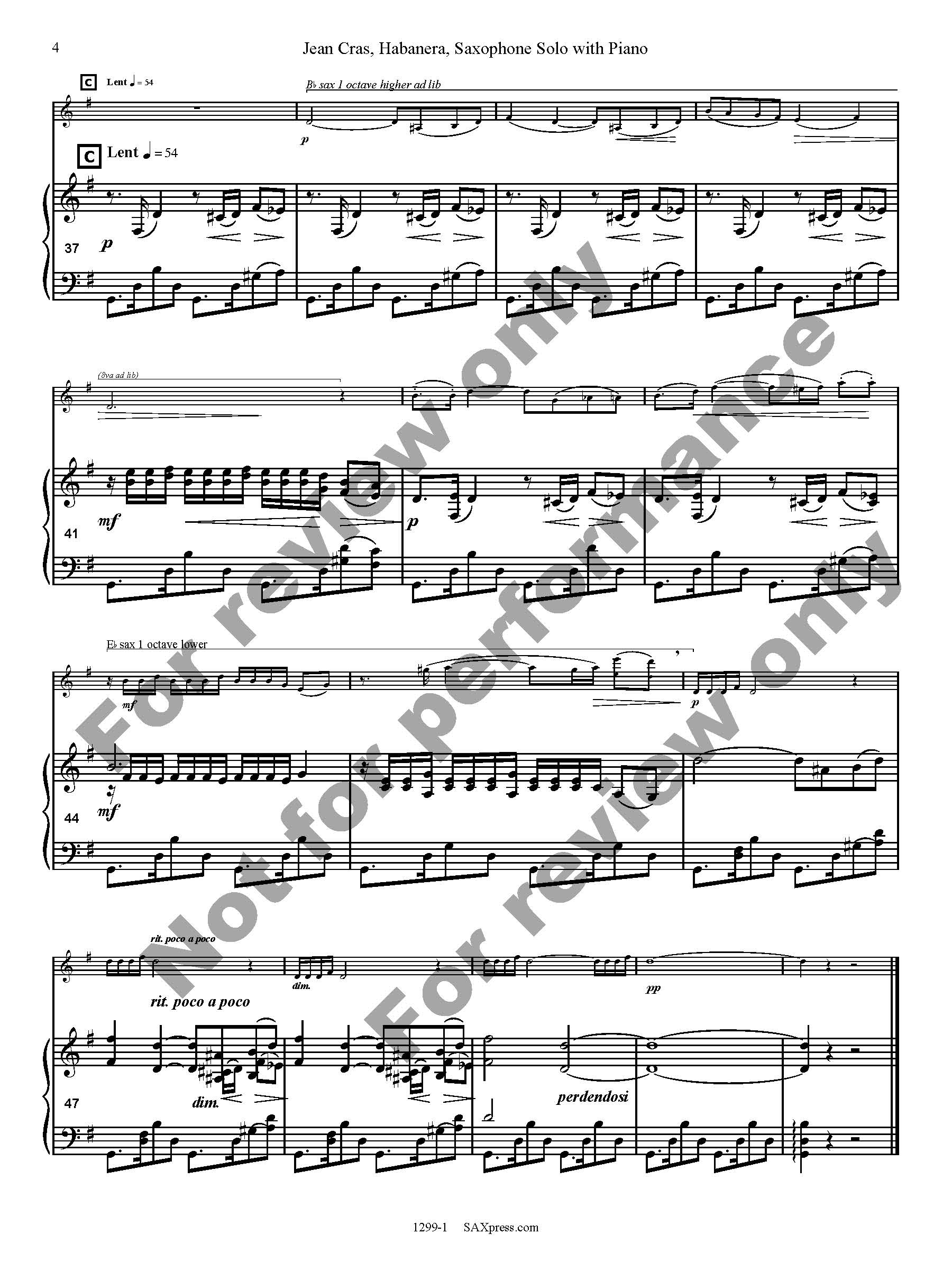

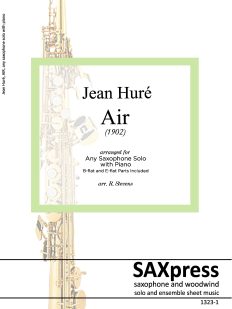
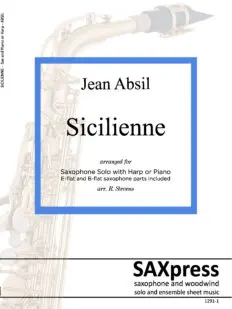
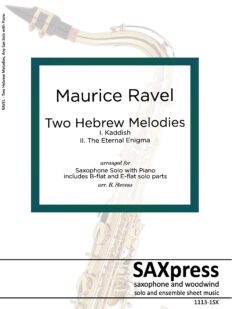
Reviews
There are no reviews yet.